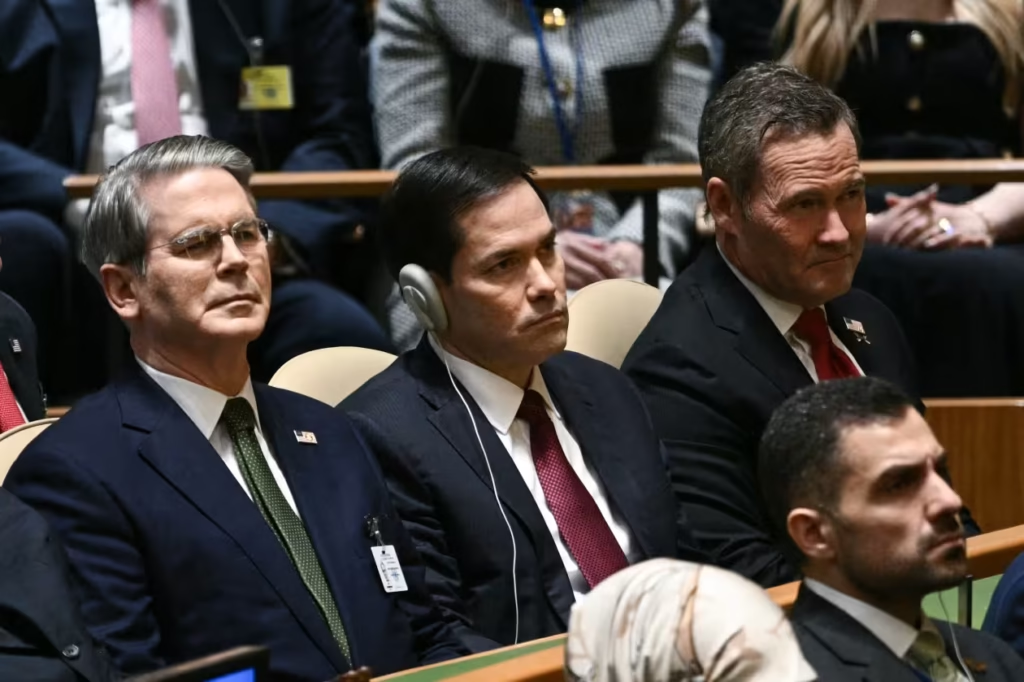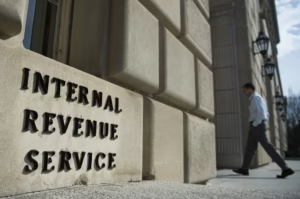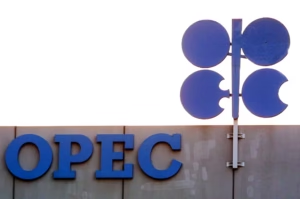(From the left) U.S. Ambassador to the United Nations Michael Waltz, Secretary of State Marco Rubio, and Treasury Secretary Scott Bessent watch President Donald Trump speak to the UN General Assembly on Wednesday.
More information on the White House’s plans to utilize public cash to support struggling Argentina President Javier Milei was provided by Treasury Secretary Scott Bessent on Wednesday.
Bessent referred to Argentina as a “systemically important ally” earlier this week and stated that all options were available to assist the nation in overcoming its currency problem. The financial markets in Argentina were stabilized as a result.
Bessent provided more details about the options being discussed in a post on X, stating that the United States was in negotiations with Argentine officials for a $20 billion swap line that would provide the South American nation with access to limited U.S. cash.
The U.S. is also prepared to acquire secondary debt, and the Treasury is prepared to buy Argentina’s dollar bonds “and will do so as conditions warrant,” he added.
According to Bessent, the United States is ready to provide Argentina with standby credit via its Exchange Stabilization Fund.
This is an attempt at a “bazooka” to prevent another financial crisis, according to Mark Sobel, a former Treasury official who is currently the head of the Official Monetary and Financial Institutions Forum in the United States.
Important midterm elections are scheduled for late October, and the Milei administration has been extremely unpopular.
“I hope this attempt at a bazooka will only extend the ‘swap’ through the elections, have an assured source of repayment, perhaps tie up a chunk of the resources and be linked to firm understanding on how Argentina will float/achieve a competitive valuation of the peso,” Sobel said in an article on X.
“Twenty billion dollars for a swap line is a lot of money,” said Monica de Bolle, a Peterson Institute for International Economics senior scholar. “It will provide them with some relief so they can navigate from now to the elections on Oct. 26.”
The U.S. is “not going to let a disequilibrium in the market be a cause of a backup in his [Milei’s] substantial economic reforms,” Bessent stated in an interview on the Fox Business Network.
According to the Treasury Secretary, the market is cautious due to the nation’s dismal performance history, but it hasn’t lost faith in Milei.
“It is very hard to believe that it is different this time but I believe, with President Milei, it is,” Bessent stated.
In an attempt to boost the Argentine president’s confidence, Bessent said that “numerous” American businesses would invest in Argentina in the event of a “positive election outcome.”
Milei concluded his own post on X by declaring “MAGA!” and thanking Bessent and President Donald Trump for their support.
According to De Bolle, the Trump administration’s actions in Argentina demonstrate its efforts to establish “a zone of influence” in Latin America in opposition to China’s regional rise.
In order to increase the likelihood that Milei’s supporters would win the election, the U.S. government is working to keep Argentina afloat, she claimed, adding that this is “a longshot” because Milei has been plagued by a corruption case involving his sister.
According to her, Milei needs political backing in Congress to further his reform initiatives, which is why the elections are so important.
Argentina’s economy is hampered by its reliance on dollars and pesos. They go into a vicious cycle of inflation and exchange-rate devaluations whenever there is a dollar shortage, according to De Bolle.
If Milei’s party loses, she continued, “no one has a plan for the day after” the election. In 2027, Milei will be up for reelection.
Following Bessent’s tweet, Argentine financial assets ARGT (BBAR) (GGAL) (BMA) increased in value after surging on Monday.
This week, the Argentine peso (USDARS) (ARSUSD) kept rising.





